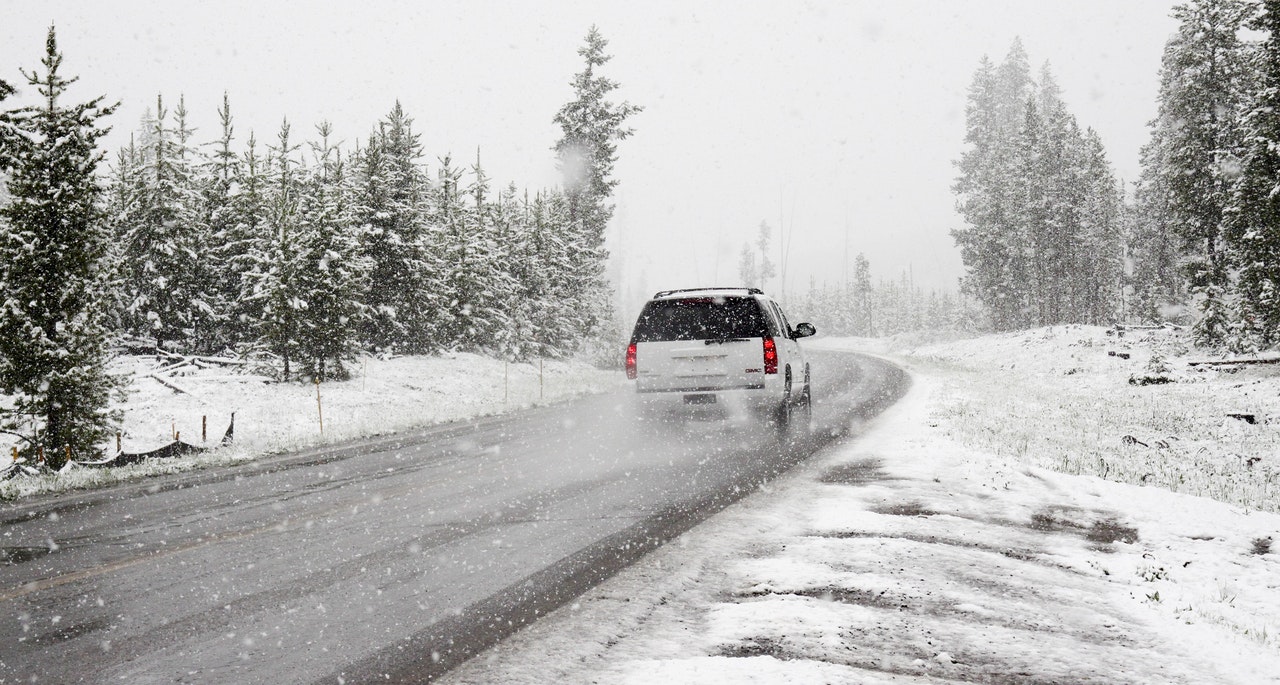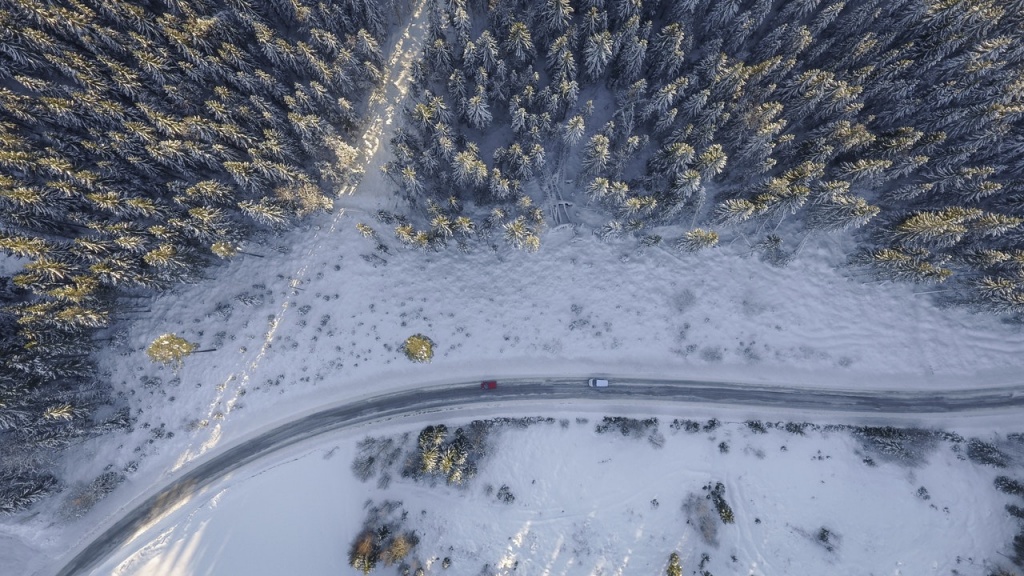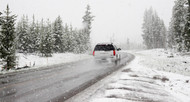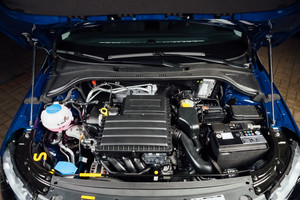How Does Winter Affect Your Car's Tires?
By on Dec 25 2017

With winter comes all sorts of good stuff: sledding, snowball fights, cozy fires, and skiing are just a few perks. But winter brings its fair share of problems, too: icy roads, snowy sidewalks, frostbite, and frigid temperatures. The winter is probably the worst time of year to experience car trouble, but things always seem to go wrong on the coldest days of the year, don't they?
That might not be a coincidence. The truth is, winter poses quite a few problems for vehicles. In this post, we talked about how cold temperatures affect lubricant viscosity. Here is how winter can wreak havoc on your car's tires.
Pressure Loss
You might have noticed a correlation between temperatures dropping and the tire pressure light coming on. You might even think you just have really bad luck: your tires always need air on the coldest mornings when everyone else needs air before work, too. Well, you're not alone and it has nothing to do with luck.
The truth is, the weather really does play a significant role in your tire pressure. When the temperature undergoes fluctuations, tire pressure can change. Gasses expand when heated and contract when temperatures decline, so your pressure can increase in the summer and decrease in the winter. For every 10 degrees of temperature drop, your tires will lose 1 pound of pressure. Keep this in mind when you wake up to an especially cold morning and don't be surprised if you need to fill your tires.
Don't skip the fill up when it's cold.
Adequate inflation is necessary for maximum handling, traction, and durability as designed by the tire manufacturer. Basically, if you want your tire to do its job properly, you need to do yours by ensuring it's inflated correctly. After all, it's the air pressure that supports your vehicle's weight and not the tire itself. It might mean standing out in the cold for ten minutes, but it's a necessary evil (we recommend gloves and other appropriate cold weather gear).
It's best to keep an eye on your tire pressure throughout the winter. You should check the pressure in the morning before the tire has been run, before the temperature rises, and before it's exposed to direct sunlight, as these might give you a false reading. Additionally, the act of driving affects tire temperature; tire pressure can increase by up to 5 psi in the first 20-30 minutes of driving before finally stabilizing.
Check your pressure when your tires are cold and always inflate them to recommended pressure.

How the Cold Affects Rubber
Additionally, low temperatures can affect your tires' rubber. The cold has a tendency of making rubber products more rigid and brittle, and tires aren't necessarily the exception to this. Some ultra-high-performance summer tires run the risk of losing grip and cracking in cold weather. Tires can begin losing elasticity around 45 degrees. It's important to make sure you have proper tires on your vehicle during winter months and avoid driving vehicles equipped with high-performance summer-only tires below 25 F.
Winter Tires
If your car is equipped with high performance or summer-only tires, you'll definitely want to get a set of winter tires if you live in an area of snow and ice. Not only can the rubber get brittle, they also just don't provide enough traction in winter conditions. High-performance tires that perform well in the summer won't perform as well in conditions that aren't warm and dry.
Even if you have all-season tires, you should consider winter snow tires if your area experiences true winter. All-season tires compromise on several tire traits that are needed when the weather and road conditions are rough. Winter tires use specific rubber compounds that are formulated to stay flexible even in cold weather—this allows for maximized grip. The tread designs, which feature extra slots and cuts into the tire's surface, are optimized for winter traction.
The downside to winter tires, of course, is reduced fuel economy and lower speed rating, compared to all-season and high-performance tires. However, when black ice is a concern, safety is often preferred over spirited driving (as it should be).
Additional Sources:
https://www.tirebuyer.com/education/tire-inflation-pressure-and-temperature
https://www.consumerreports.org/cro/news/2014/03/performance-tires-crack-winter-cracking/index.htm
https://cars.usnews.com/cars-trucks/do-i-need-snow-tires





